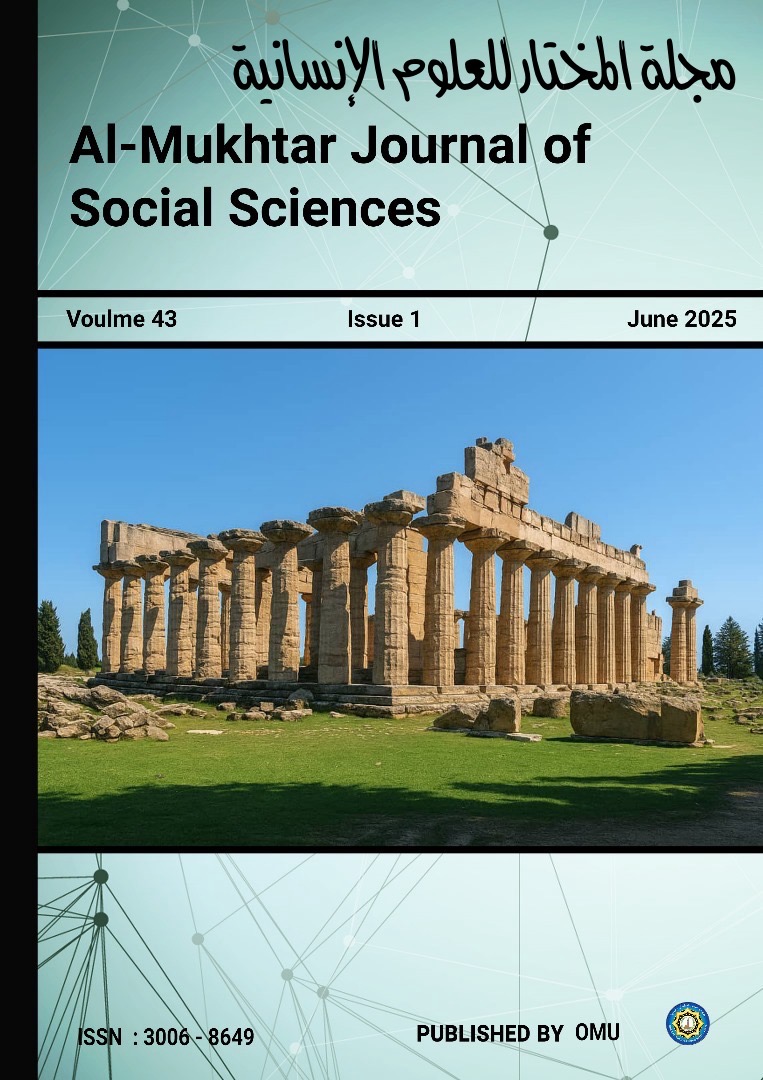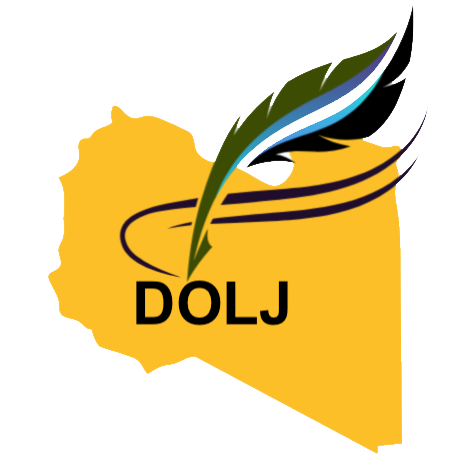Agnosticism between Omar Khayyam and Elia Abu Madi: A Comparative Study
DOI:
https://doi.org/10.54172/99dwn736Keywords:
Agnosticism, Khayyam, Abu Madi, Rubaiyat, TalismanAbstract
Poetry has a great role in expressing poets' thoughts as well as their feelings, hence the philosophy of many poets was manifested in their works. Omar Khayyam is considered one of those famous Eastern poets whose works were heavily loaded with his philosophical ideals, which influenced a large number of poets of different times and cultures. Khayyam’s ideology appears to be in affiliation with other agnostic poets, such as the Lebanese poet Elia Abu Madi in his poem ‘Talismans.’ This research adopts analytical and interpretive approaches to study agnosticism in Khayyam and Abu Madi. We conclude that both poets highlighted their agnostic ideas in their poetry, however, it was broader and more apparent in Khayyam’s than that in Abu Madi’s. For example, Khayyam’s poetry touched on the divine self, Heaven and Hell. As a result, Khayyam resorted to wine to get rid of his confusion regarding every existential matter that confronted him. Abu Madi, on the other hand, seeked refuge in nature to clarify his doubts and reduce the burden of confusion he experienced. This research aims to focus on the confusion of both poets regarding existential matters, which was not previously addressed in the articles that dealt with the two poets. The research also works on clarifying their thoughts on the one hand, and bringing them closer together on the other hand, in order to focus on comparative studies between these two cultures.
Downloads
Published
Issue
Section
License
Copyright (c) 2025 Buthaina Shemous (Author)

This work is licensed under a Creative Commons Attribution 4.0 International License.
Copyright of the articles Published by Almukhtar Journal of Social Science (MJSSc) is retained by the author(s), who grant MJSc a license to publish the article. Authors also grant any third party the right to use the article freely as long as its integrity is maintained and its original authors and cite MJSSc as the original publisher. Also, they accept the article remains published by the MJSSc website (except in the occasion of a retraction of the article).














